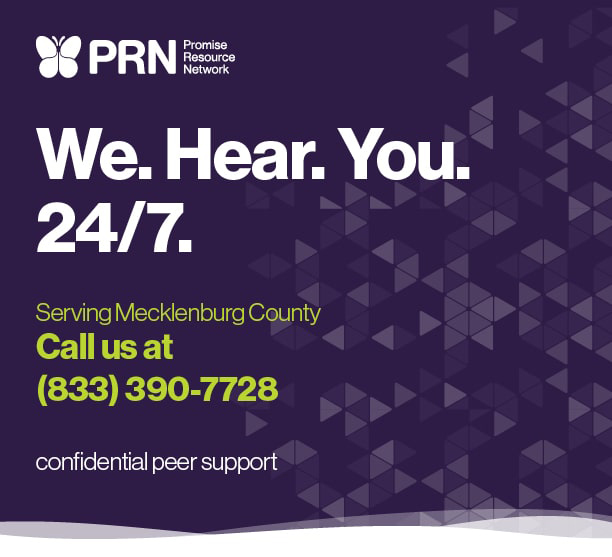1) Peer Justice Initiative (PJI)- formerly incarcerated Peer Support Specialists are organizing to create a NC specialty credential for forensic peer support, change policies to ensure that forensic peer supporters are utilized in all 5 intercepts of the criminal justice system from diversion to re-entry, and criminal justice reform efforts.
2) Recovery Alternative to Forced Treatment (RAFT)- people that have experienced involuntary and coercive treatment, allies and family members, have gathered 10 years of IVC data from 100 counties, demonstrating an 80% increase in the use of IVC in NC. The RAFT Coalition is advocating for alternatives to confinement and forced treatment through an array of peer-led community options.
3) PSS Expert Commission- peer support is effective if done with integrity and authenticity. NC does not currently have a certification, rather a certificate process, leading to lack of oversight of the profession. Leaders with lived experience and peer support joined with partners from NCDHHS, providers, and BHS Springboard to author recommendations for a peer-led board to provide oversight, credentialing and de-credentialing of the peer support profession including the draft of a NC statute.
4) Peer Support Coalition- this coalition established a White Paper and formal recommendations to align NC with best practices in peer support.
5) I’m IN Community Inclusion- a stakeholder coalition is established to advance the importance, funding, and policy related to inclusion as a critical ingredient to recovery. PVNC created the #MY5NC campaign to increase connection and reduce isolation during COVID.
6) PIPBHC Integrated Care- TA and training is being provided to 4 pilot sites in NC to establish integrated care settings, incorporating specialty peer support into the model. Lunch and learns and learning collaboratives are provided for workforce development and supervisory skills of non-peer supervisors.
7) Peer Wellness Center Pilot- this PVNC coalition established a model for Peer Wellness Centers to be piloted in NC with a defined model, outcomes and fidelity.
Important Links:
Peer Voice NC Facebook
Peer Voice NC Survey
Peer Voice NC YouTube

